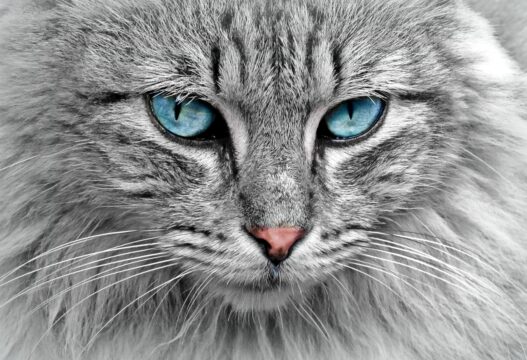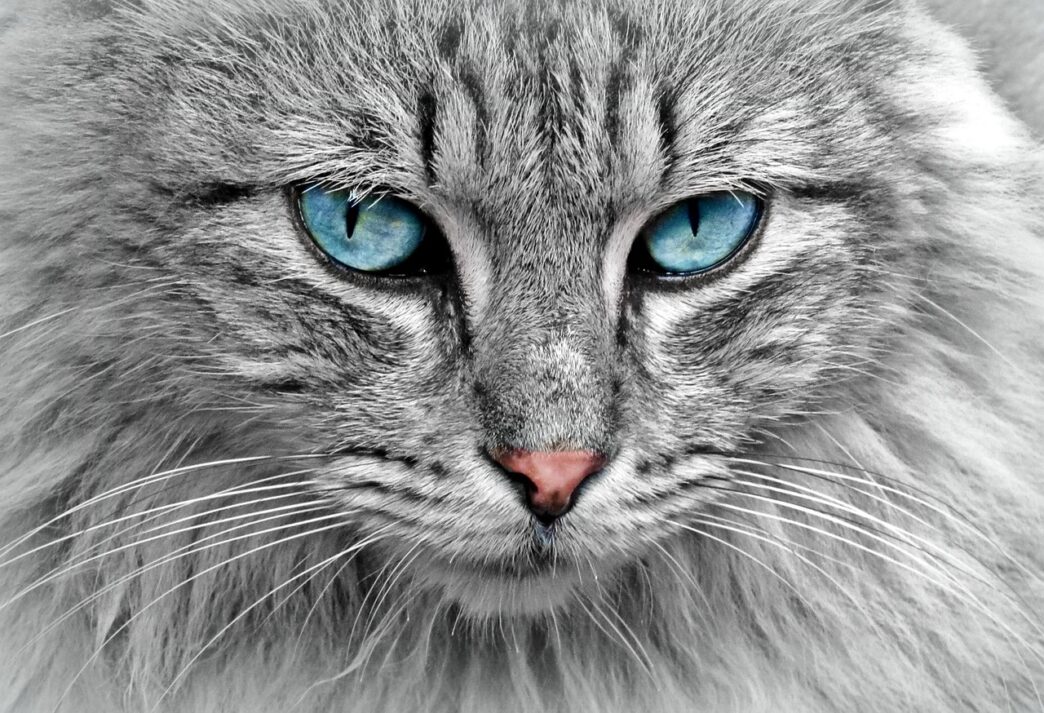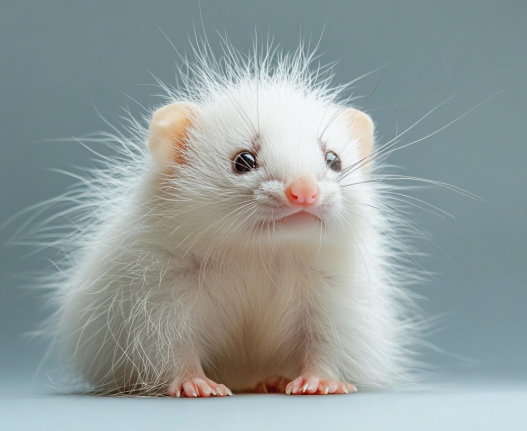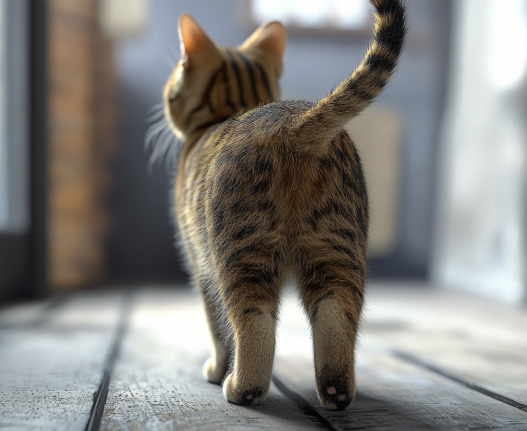Are Cats Smarter Than We Think?
Have you ever wondered just how intelligent your cat really is? We know they are independent, curious, and sometimes even cunning—but how does their brain compare to ours?
Many people assume that dogs are more intelligent because of their trainability, but cats have their own kind of brilliance. They are skilled hunters, problem-solvers, and masters of survival. Let’s take a deep dive into the fascinating world of feline intelligence and discover some mind-blowing facts about how their brains work!
The Science Behind a Cat’s Brain: How It Compares to Humans
Did you know that a cat’s brain is structured similarly to a human’s? Studies have shown that feline brains contain gray matter and white matter, just like ours. In fact, their brain structure is about 90% similar to that of humans, which explains why they exhibit behaviors that seem remarkably familiar.
Here are some astonishing facts about cat brains:
- Cats have a cerebral cortex packed with neurons—around 300 million, compared to a dog’s 160 million. This means their ability to process information and make decisions is highly advanced.
- Their brains are divided into lobes, including the frontal, occipital, parietal, and temporal lobes. These areas control their movements, senses, and even emotions.
- Cats share neurotransmitters with humans, which means they process sensory information in surprisingly human-like ways.
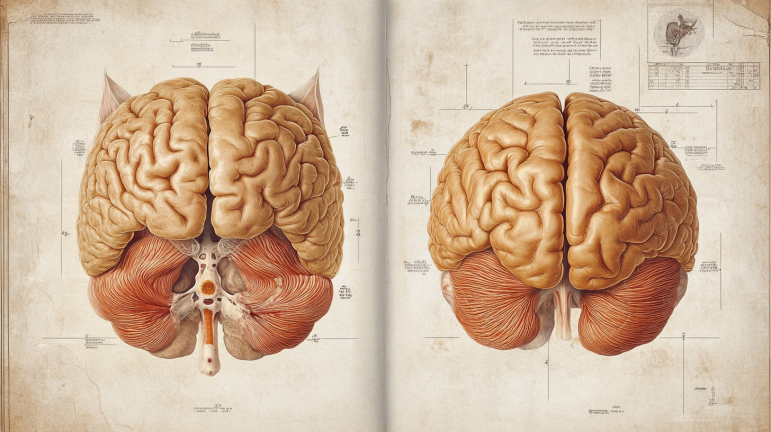
Cats and Memory: Do They Remember More Than We Think?
One of the most shocking discoveries in cat intelligence research is their memory capability. Unlike what many people believe, cats don’t just live in the moment—they have both short-term and long-term memory.
- Studies have found that a cat can remember things for up to 16 hours, while dogs typically remember events for about five minutes.
- Their long-term memory is impressive as well! Cats can recognize their owners even after years of separation—something commonly observed in big cats like lions and tigers.
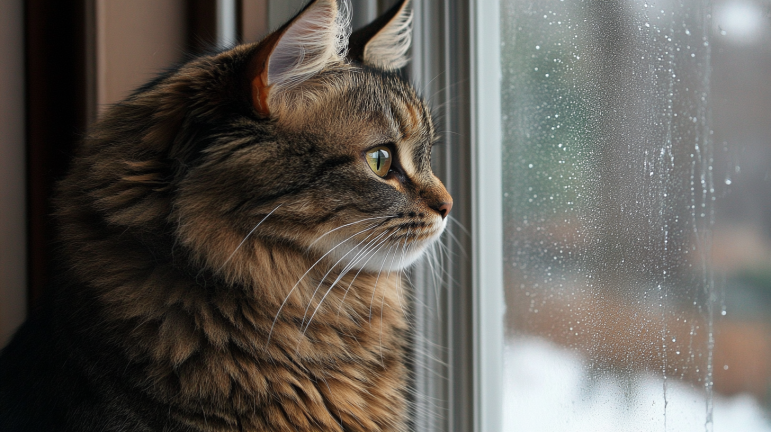
This means that when your cat gives you the cold shoulder after a vet visit, they actually remember it and might hold a grudge!
How Cats See the World: A Unique Perspective
Vision: Night Hunters Extraordinaire
Cats may not see the world in full color like we do, but they have incredible night vision. Their eyes are designed to pick up movement in low-light conditions, making them exceptional hunters.
- Their tapetum lucidum, a layer of cells in the retina, reflects light and enhances night vision.
- While they don’t see a full spectrum of colors, they can detect blues and yellows well.
- Their field of vision is 200 degrees, slightly wider than humans, allowing them to detect motion better.
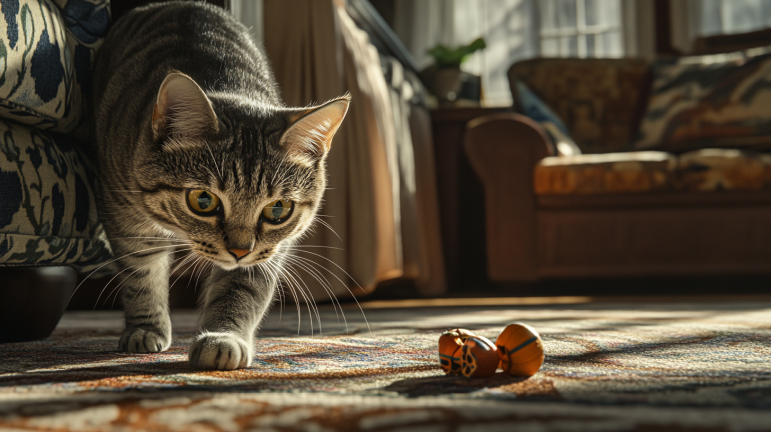
So, while we admire a sunset, your cat is probably just waiting for something small to scurry across the ground!
Whiskers: The Secret Superpower of Cats
Cat whiskers are not just cute—they are highly sensitive sensory tools that help them navigate their surroundings with incredible precision.
- These specialized hairs, known as vibrissae, are deeply rooted in nerve endings and can detect the slightest changes in air currents.
- Whiskers help cats judge whether they can fit through small spaces.
- They even serve as an early warning system, alerting cats to nearby objects, prey, or potential threats.
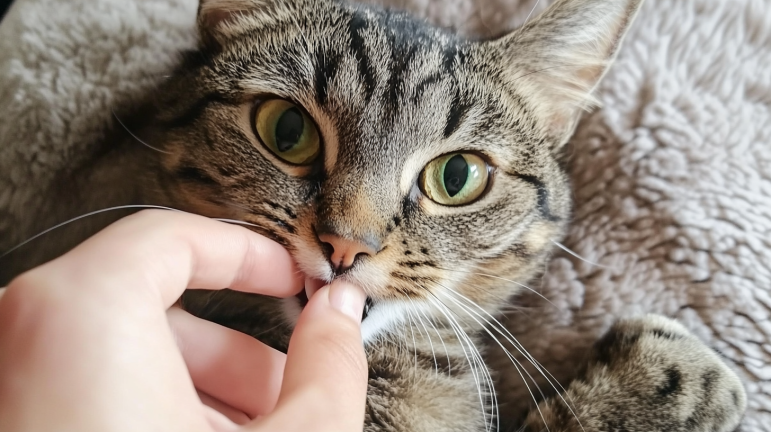
This means that if your cat hesitates before walking through a narrow space, it’s not being cautious—it’s using its whiskers to make precise calculations!
Size Doesn’t Matter: Why Small Brains Can Be Powerful
Some people assume that because a cat’s brain is much smaller than a human’s, they must be less intelligent. However, this couldn’t be further from the truth!
- Many small animals, including bees and ants, have highly efficient brains despite their size.
- Intelligence isn’t determined by brain size but rather by neural connections and efficiency.
- Cats have an incredible neural density, which means their brains are designed to process complex information quickly.
So, never underestimate your feline friend—they might just be analyzing you more than you’re analyzing them!
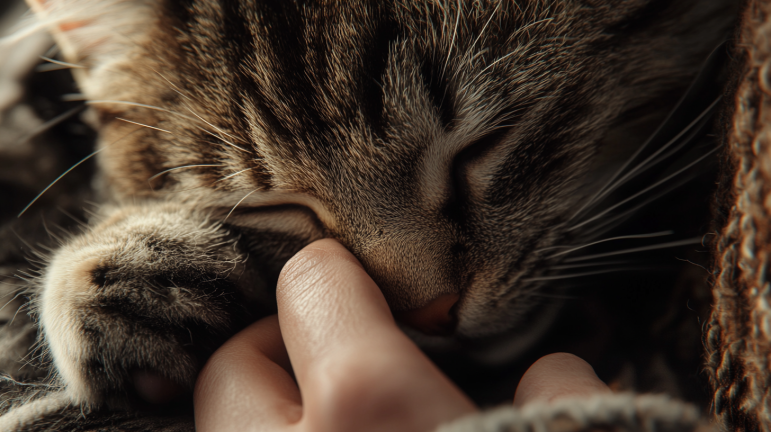
Final Thoughts: Are Cats Smarter Than We Give Them Credit For?
The more we learn about cat intelligence, the more we realize they are not just adorable fluffballs but highly intelligent creatures with unique abilities.
- Their brains share structural similarities with humans, making them highly perceptive and independent thinkers.
- They have excellent memory retention, recognizing owners and remembering routines.
- Their vision, whiskers, and problem-solving skills give them an edge in their natural environment.
So, next time your cat stares at you with an unreadable expression, just remember—they might be smarter than we think!
Are you seeing your cat in a whole new light now?







